Google is reportedly taking its first real steps into ridesharing via its Waze navigation app, entering into competition with Uber and Lyft, and potentially setting up a tougher market if and when Apple launches its self-driving car.
This fall, Google is planning to open up a current pilot program to all San Francisco Waze users, a source informed the Wall Street Journal. The pilot was launched in May, and allows people at specific companies near its headquarters to hitch a ride with another Waze user.
Unlike Uber, Google isn't expecting people to become full-time Waze drivers, according to the Journal. Passengers in the pilot program are charged just 54 cents per mile, and at the moment the company itself doesn't take a cut. Instead the idea is that drivers can earn a little extra by picking up people headed in the same direction — a full-fledged Waze carpooling service is already operational in Israel.
Google is considering testing self-driving cars in a ridesharing service later on, other sources told the Journal, adding that executives see this as a potential business model for its technology. In the short-term, the company is said to be considering different rates in Israel and San Francisco, which might allow it to take a share.
It isn't planning to vet drivers like its competitors however, hoping instead that bad reviews will be enough to filter people out.
Waze could pose a threat to services like Uber and Lyft, which are more expensive since they're meant to be profitable and use full-time drivers. Uber in particular has already been distancing itself from Google, deploying its own self-driving cars and working on ditching Google Maps data.
Recently David Drummond — an executive with Google parent company Alphabet — stepped down from Uber's board to avoid potential conflicts of interest. The situation is a far cry from 2013, when Google invested $258 million into Uber.
Apple is expected to launch its first car in 2021. It's unknown if the vehicle will be sold to consumers, used in a ridesharing service, or both, as Tesla is intending.
 Roger Fingas
Roger Fingas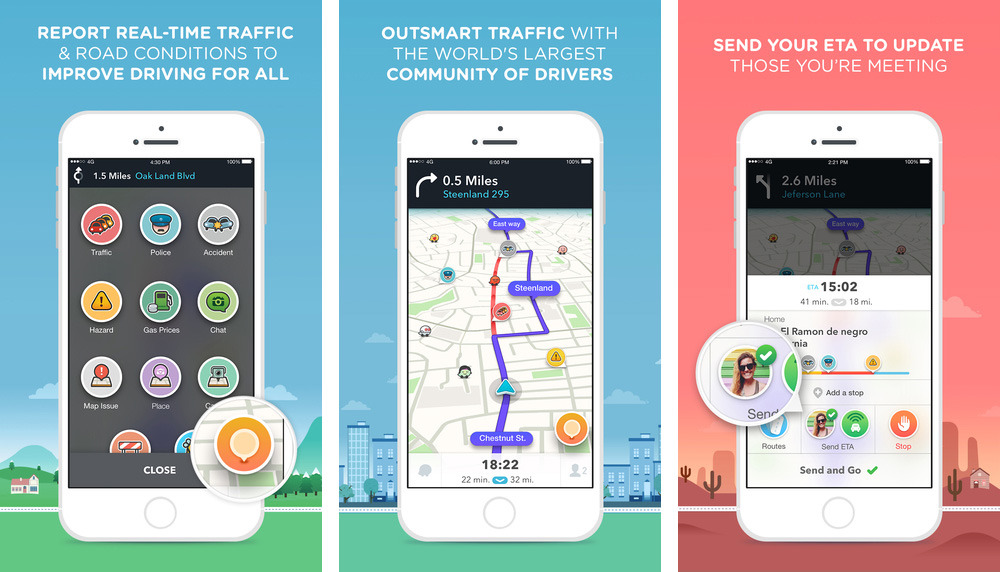
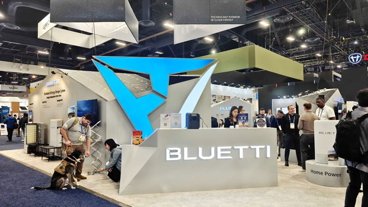
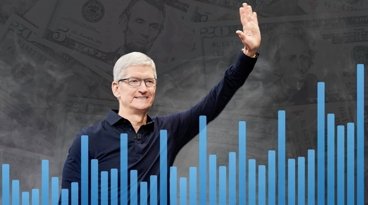
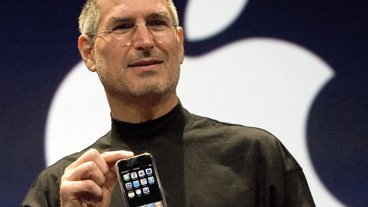

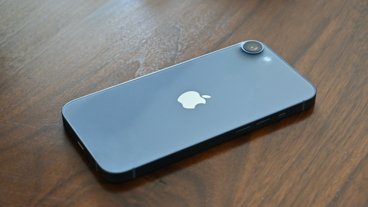
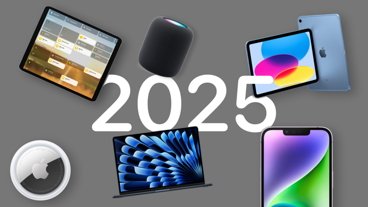
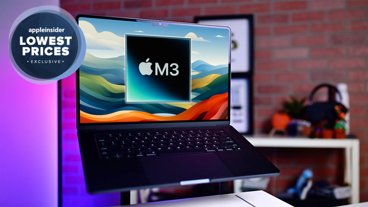
-m.jpg)






 Chip Loder
Chip Loder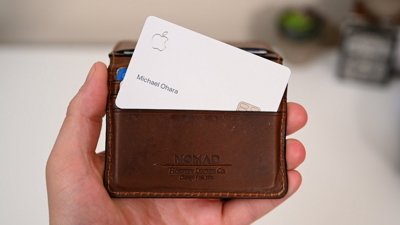
 Marko Zivkovic
Marko Zivkovic
 Malcolm Owen
Malcolm Owen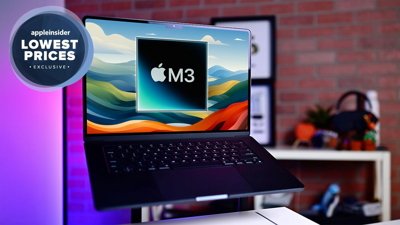
 Christine McKee
Christine McKee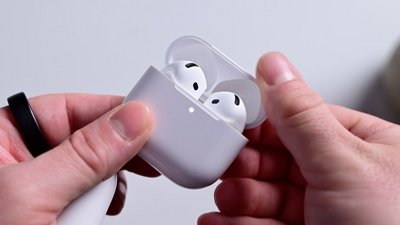
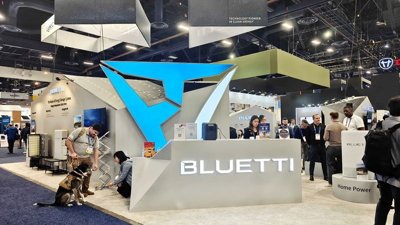
 Sponsored Content
Sponsored Content

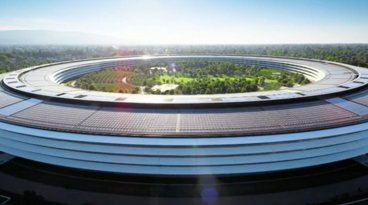

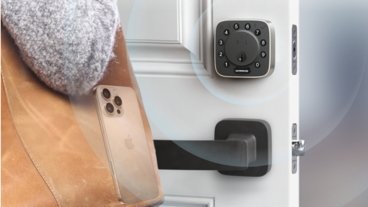







4 Comments
What "market"? It remains to be seen if autonomous ride-sharing in individual vehicles is even a viable business.
Uber was forbidden by a judge in Spain because the Taxi sued them and won. Some months ago Uber came back with professional drivers (with the special drivers license for carrying passengers, insurances, etc). So as, this model will not be allowed either, especially thinking about how popular is Waze here. The Taxi will sue them as soon as they release it here. That's a pity.
Can we STOP with this mythical Self Driving Apple Car!!!